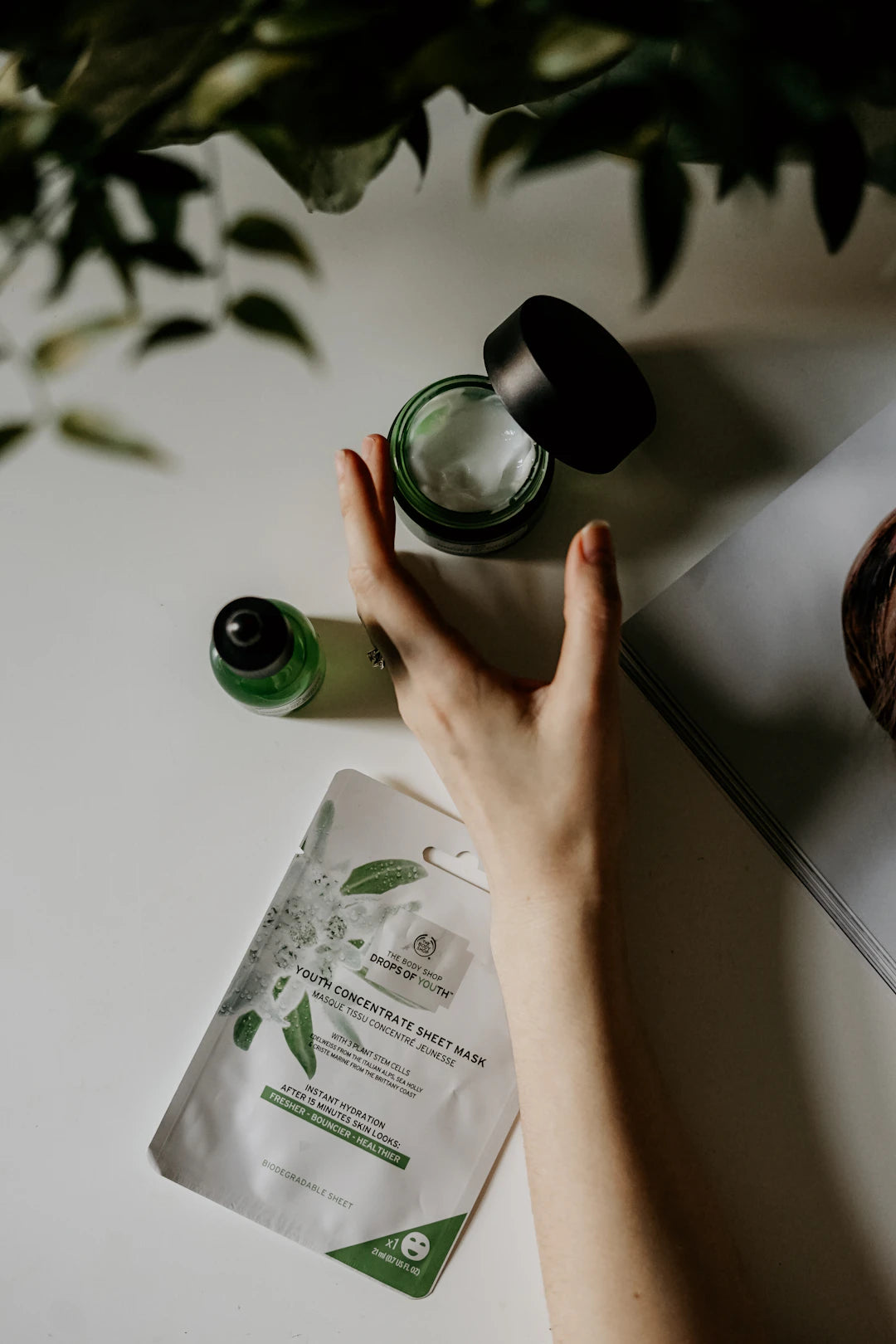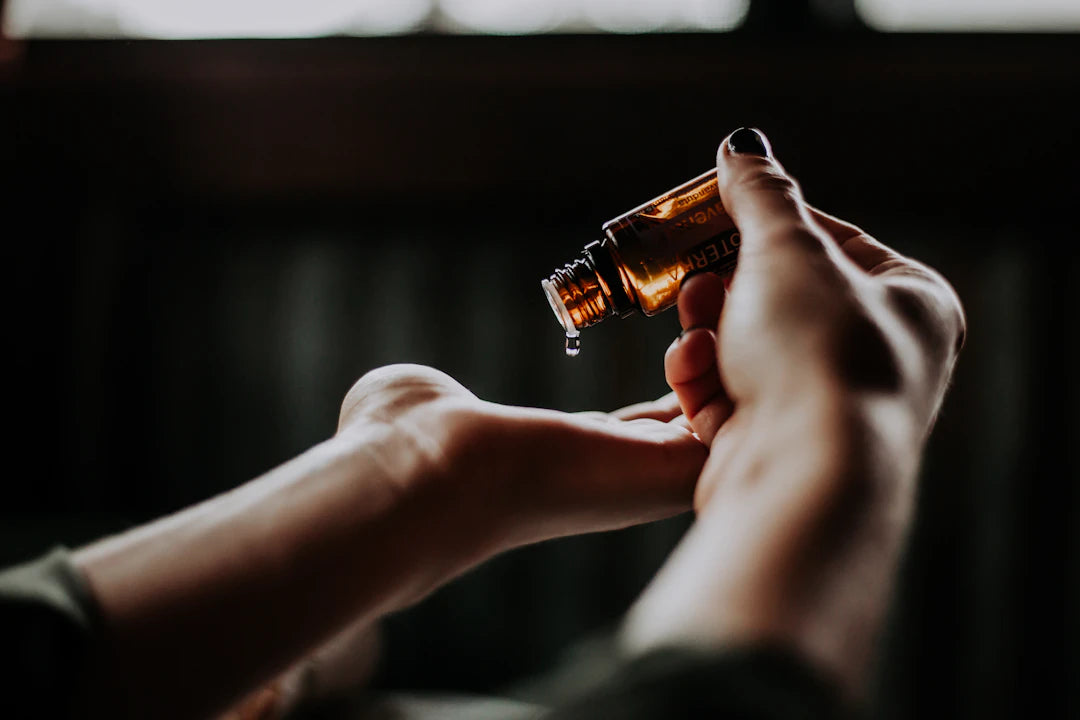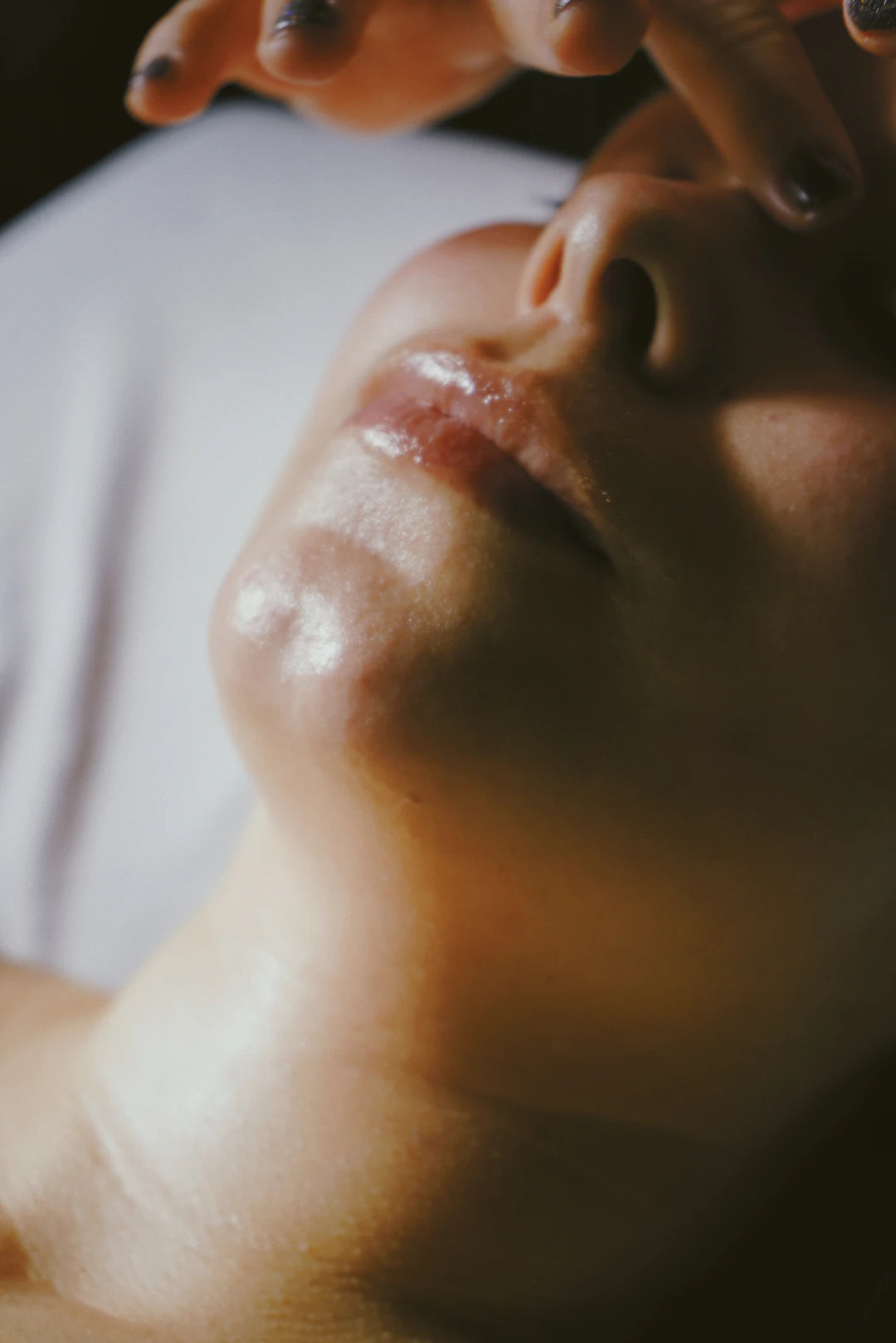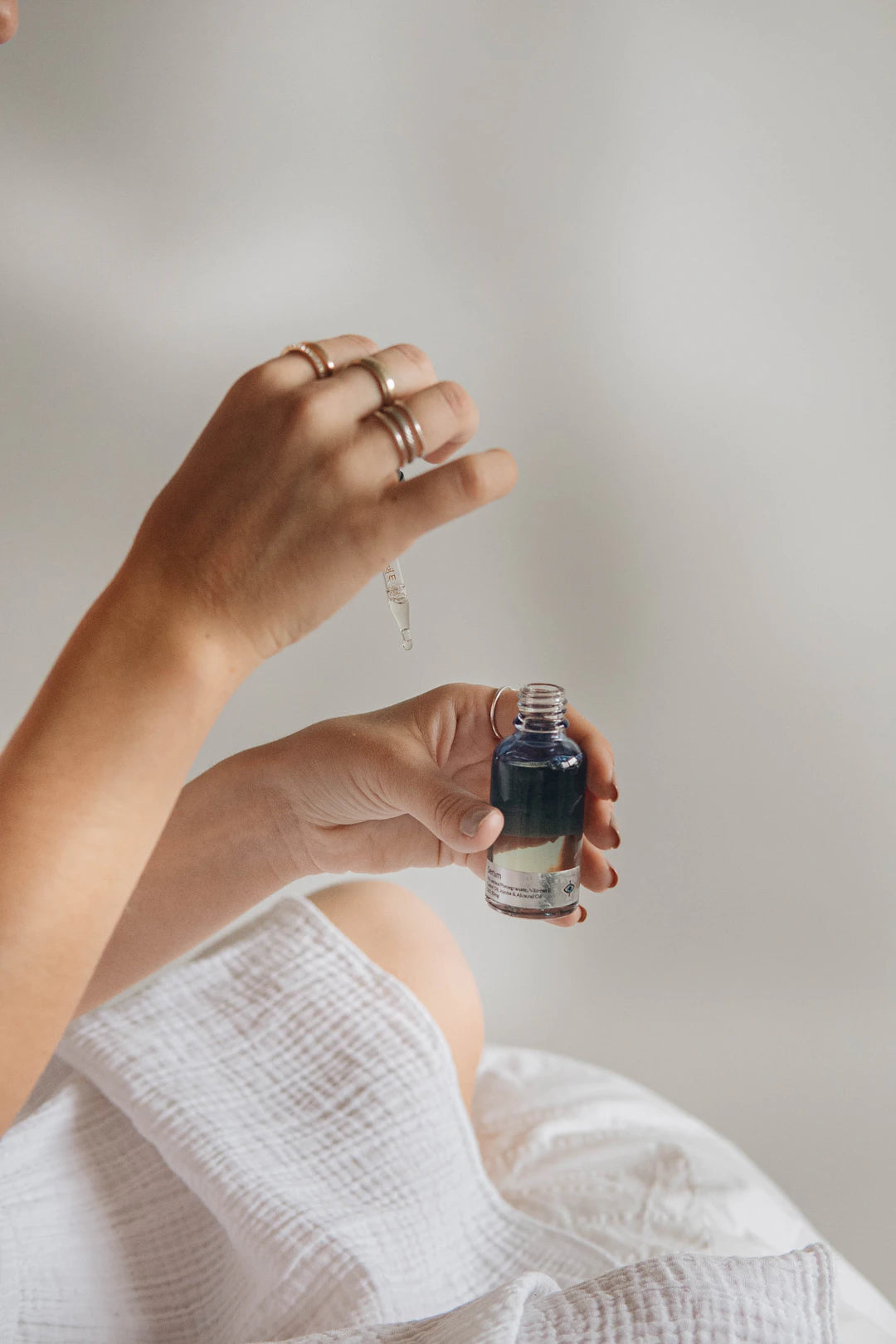The Science Behind Anti-Aging Ingredients

Frequently Asked Questions
1. What are the main factors that contribute to skin aging?
2. What role do retinoids play in anti-aging skincare?
3. How does Vitamin C benefit the skin?
4. What lifestyle changes can help with skin aging?
5. What is the purpose of laser resurfacing in anti-aging treatments?
The quest for youthful, radiant skin has driven many innovations in the beauty industry, leading to a myriad of products claiming to turn back the hands of time. While some of these products may not deliver on their promises, understanding the science behind effective anti-aging ingredients can help consumers make educated choices for their skincare routines. In this article, we will explore various anti-aging ingredients, how they work at a cellular level, and their role in skincare regimens. If you are looking to rejuvenate your skin, understanding these key elements is essential.
Understanding Aging
Aging is a natural biological process influenced by several internal and external factors. Internally, our genetics play a significant role, while externally, environmental factors like UV radiation, pollution, and lifestyle choices (such as diet and smoking) can accelerate the aging process. As we age, the skin undergoes a series of changes, including reduced collagen production, loss of elasticity, and slower cell turnover. These changes can result in wrinkles, fine lines, and a dull complexion.
Key Anti-Aging Ingredients
With an array of anti-aging ingredients available, here are some of the most researched and effective components that can combat the signs of aging:
Retinoids
Retinoids, a derivative of Vitamin A, are celebrated for their effectiveness in promoting cell turnover and stimulating collagen production. They have the ability to penetrate deep into the skin, helping to reduce fine lines, fades pigmentation, and improve overall texture. Regular use can lead to a more youthful appearance, making them a staple in many anti-aging skincare routines.
Vitamin C
Vitamin C is a powerful antioxidant known for its brightening properties. It inhibits the production of melanin, thereby reducing dark spots and uneven pigmentation. Additionally, Vitamin C helps to protect the skin against UV damage and boosts collagen synthesis, which can lead to firmer and smoother skin texture. Incorporating Vitamin C serums into your daily regimen can significantly enhance your skin’s radiance.
Peptides
Peptides are short chains of amino acids that play a crucial role in the formation of proteins like collagen and elastin within the skin. As we age, our levels of peptides decline, leading to the visible signs of aging. By using topical products containing peptides, you can help to stimulate collagen production, leading to improved skin elasticity and a reduction in the appearance of wrinkles.
Hyaluronic Acid
Hyaluronic Acid is a humectant that can hold up to 1,000 times its weight in water. This makes it an excellent ingredient for maintaining skin hydration, plumpness, and elasticity. When applied topically, it helps to hydrate the skin, creating a smoother appearance and reducing the visibility of fine lines. Regular use of hyaluronic acid serums or moisturizers can deliver noticeable results in skin hydration and texture.
Alpha Hydroxy Acids (AHAs)
Alpha Hydroxy Acids, such as glycolic and lactic acid, are naturally derived from fruits and milk. They are known for their exfoliating properties, which help remove dead skin cells from the surface, revealing fresher and smoother skin underneath. AHAs can improve skin texture, diminish the appearance of fine lines, and promote an even skin tone. Incorporating AHAs into your routine can result in a more youthful complexion.
Niacinamide
Niacinamide, also known as Vitamin B3, offers a multitude of benefits for aging skin. It enhances the skin's barrier function, improves texture, minimizes enlarged pores, and reduces the appearance of fine lines and wrinkles. Additionally, niacinamide helps to even out skin tone and reduce redness, making it a versatile addition to any anti-aging regimen.
The Role of Laser Resurfacing in Anti-Aging
In addition to the topical ingredients mentioned, many individuals opt for professional treatments like laser resurfacing to target deeper signs of aging. This advanced technique utilizes focused laser light to remove the outer layer of damaged skin, promoting the growth of new, healthier skin cells. Laser resurfacing can address issues like fine lines, age spots, and uneven pigmentation effectively.
How Laser Resurfacing Works
Laser resurfacing works by precisely targeting areas of the skin, causing controlled damage that initiates a healing response. This process stimulates collagen production and improves skin texture over time. The results can be remarkable, leading to smoother, more youthful skin. However, it is essential to consult with a qualified professional to determine the best approach and ensure safety during these procedures.
Building Your Anti-Aging Skincare Routine
With an understanding of key anti-aging ingredients and treatments, building an effective skincare routine becomes imminent. Here are some tips to get you started:
Identify Your Skin Type
Before embarking on your anti-aging journey, it's essential to know your skin type—whether it's oily, dry, combination, or sensitive. This knowledge allows you to select products with formulations that cater to your specific needs.
Pace Yourself
When introducing new anti-aging ingredients, do so gradually. Start with one product at a time, particularly for potent ingredients like retinoids. This will help you gauge how your skin reacts and minimize the risk of irritation.
Sun Protection is a Must
Sun exposure is one of the leading causes of premature aging. Incorporating a broad-spectrum sunscreen with an SPF of 30 or higher into your daily routine is crucial. This protective step can significantly prevent further skin damage, keeping your skin looking youthful.
Consistency is Key
Anti-aging skincare is not a one-time affair but rather a commitment to daily care. Consistency in using your chosen products will lead to the best results over time. Patience is critical as you seek to achieve a more youthful complexion.
Additional Lifestyle Changes for Anti-Aging
Beyond topical applications and treatments, certain lifestyle changes can significantly impact your skin’s aging process:
- Stay Hydrated: Drinking enough water daily helps maintain skin moisture and elasticity.
- Eat a Balanced Diet: Consuming a diet rich in antioxidants, vitamins, and healthy fats can nourish your skin from the inside out.
- Avoid Smoking: Smoking accelerates skin aging and leads to wrinkles; quitting can improve your skin health and overall appearance.
- Get Enough Sleep: Quality sleep allows your body to repair itself, including your skin. Aim for 7-9 hours a night for optimal health.
- Manage Stress: Chronic stress can lead to skin issues, so incorporating mindfulness practices like yoga, meditation, or deep breathing can be beneficial.
Unlocking the Secrets to Youthful Skin
Incorporating scientifically backed anti-aging ingredients and treatments can make a profound difference in your skincare routine. By understanding how these ingredients work and committing to a consistent regimen while considering professional options like laser resurfacing, you can significantly enhance your skin's vitality. Remember, achieving youthful skin is not just about the products you use; it’s a combination of choices that include a healthy lifestyle and routine care. With dedication and the right tools in your skincare arsenal, the fountain of youth may be closer than you think!


